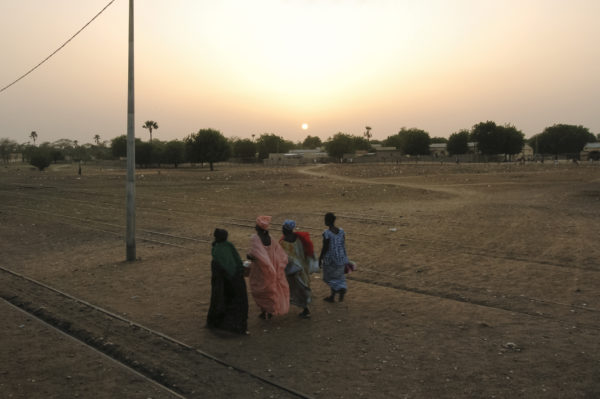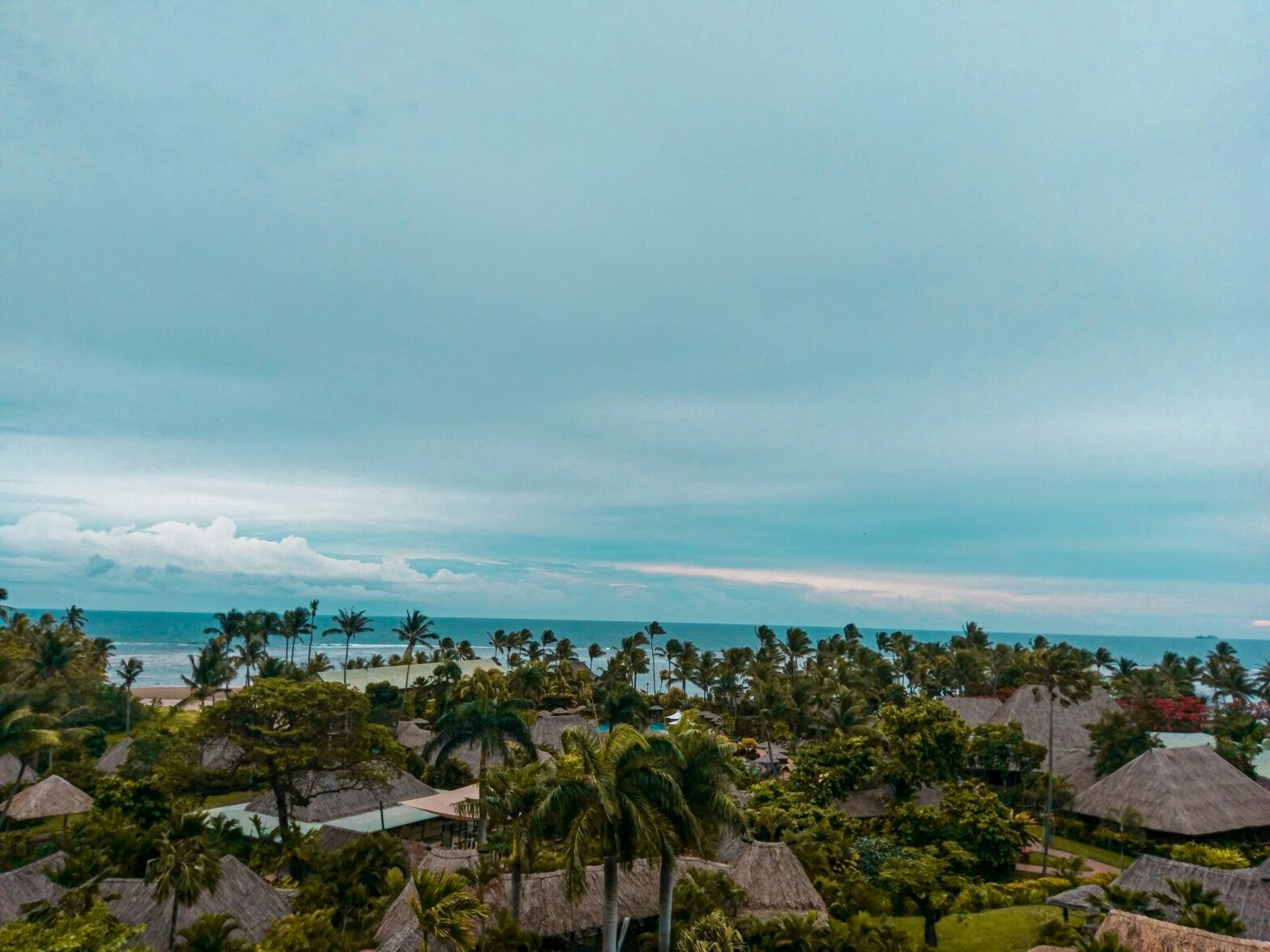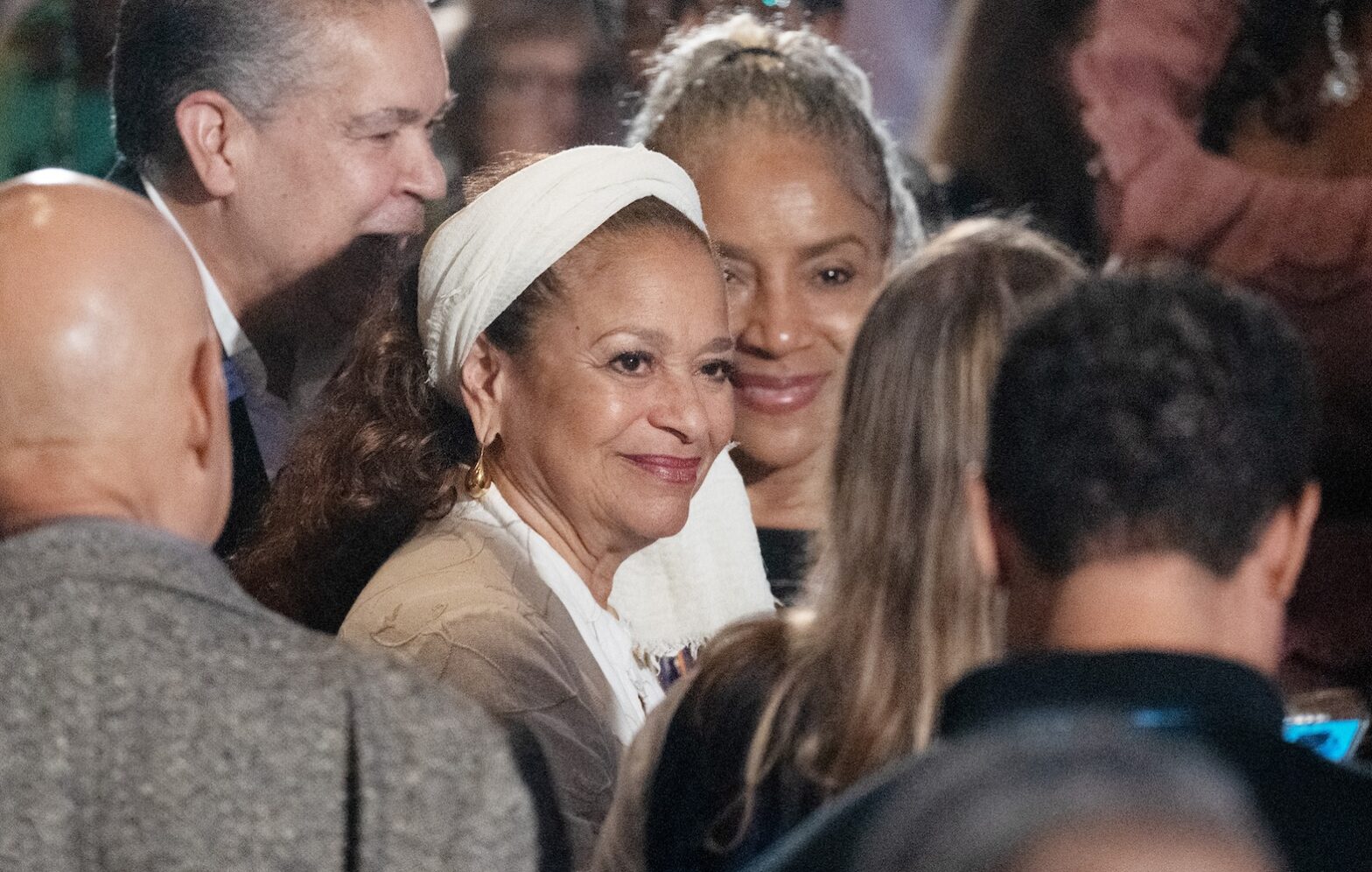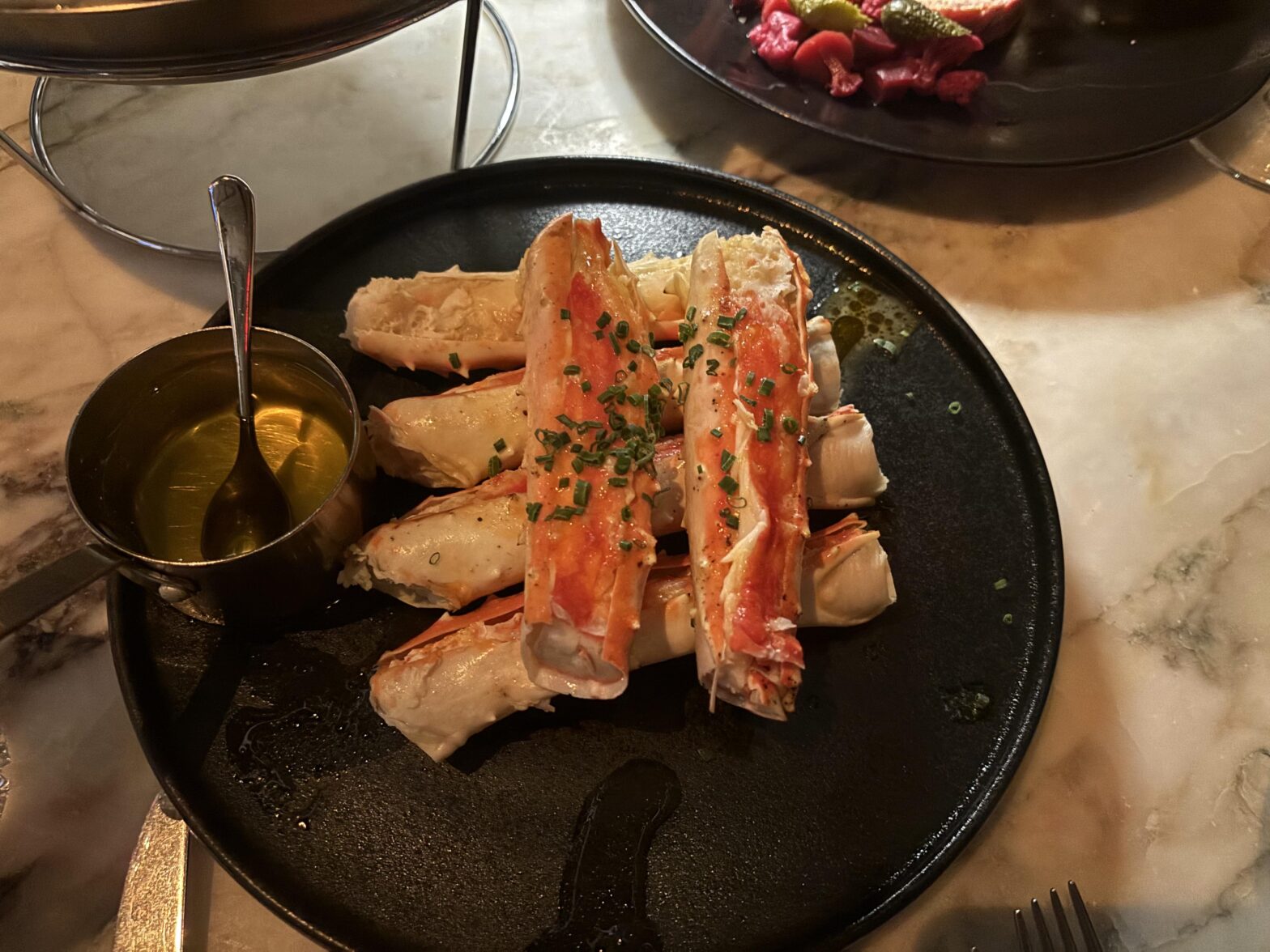The #MeToo movement has had quite the year. The campaign has cut careers short for many of the men accused of sexual assault and harassment and gave a voice to hundreds, if not thousands, of women. In other countries, however, the same movement turned a blind eye to the victims. Until now.
In Senegal, the hashtag #MeToo translates to #Nopiwouma, which means “I will not shut up.” The African country is a place where women speaking out about abuse is discouraged and almost unheard of. A majority of the population is Muslim and gender roles play a key factor in the Senegalese way of life. Words like “masla” meaning ‘to tolerate,’ “soutoura” or ‘discretion,’ and “muñ,” which means to exercise patience or to endure, are often used when a woman is assaulted or harassed. Two women are trying to change that culture of silence, Senegalese blogger Ndambaw Kama Thiat and tech business owner Olivia Codou. The two woman started the #Nopiwouma movement.
RELATED: New Task Force Aims To Stop Sexual Misconduct During Flights
Beginning on Twitter in 2017, the two women thought it would be a powerful platform for victims to come out of hiding. “Nopiwouma was never going to work like Me Too because in Senegalese culture it’s hard for us to even get people to talk about it,” Thiat said. After the campaign took off, more than 100 accounts decided to speak up about their experiences of harassment and abuse. Numerous direct messages on social media, texts, and emails started pouring in. Women were so encouraged by Thiat and Codou that the pair have been approached in-person by strangers and close friends alike. “For 90% of people that write in, it’s the first time they’ve talked about it,” Thiat said. “Many may have told their parents when they were young but were asked not to speak out because it was going to impact their family’s reputation.”
Thiat started her blog called World of NK, and started getting personal messages and comments from women who wanted to share stories of rape, abuse, and harassment. The 31-year-old said she never intended for women to out their abusers, but it has happened at overwhelming numbers. She knew that she and Codou sparked something serious. “Culturally, I wasn’t expecting people to come out with names, like Harvey Weinstein, because they would be too scared,” Thiat said. “For people to actually come out and say this is the guy who did it … I think it’s too premature for that to happen in Senegal right now.”
Senegal’s National Statistics Agency conducted a survey in 2017 and data showed eight percent of women in the country reported acts of sexual violence at some point in their lives, but women’s rights activists believe the number should be higher. That same survey showed that one in four women, ages 15 to 49, have been a victim of emotional, physical or sexual assault, by a husband or partner at some point in time. Rape is forbidden by Senegalese law and carries a sentence of up to 10 years, but the law does not protect against marital rape. More alarming numbers show that the abuse of teenage girls in schools is rampant. Students say that teachers have lured them into having sex in exchange for grades, food, phones, and new clothes, something that Codou knows much about.





